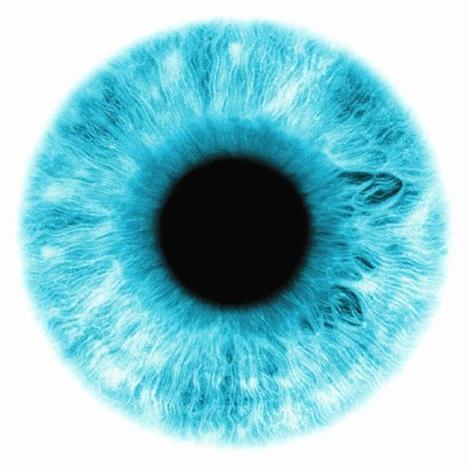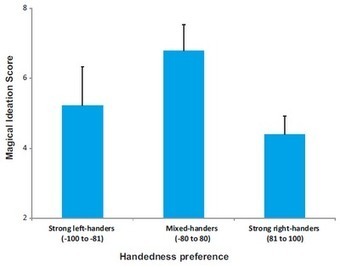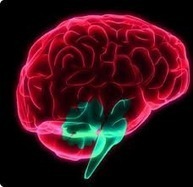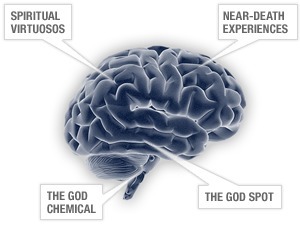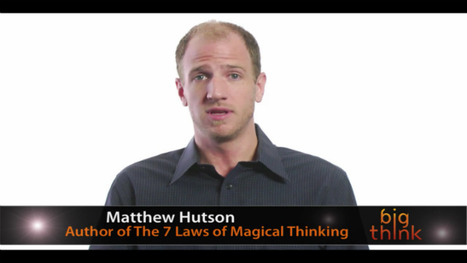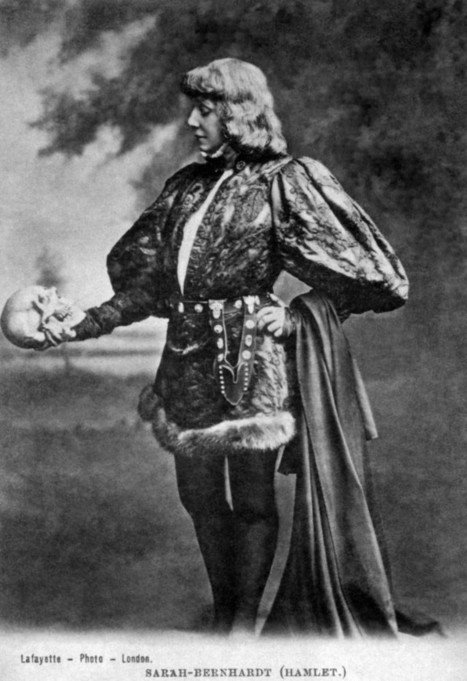Death can have a profound effect on a person's religious beliefs. In a new study, death not only strengthened a person's religious beliefs but also increased the denial of other religions.
Research and publish the best content.
Get Started for FREE
Sign up with Facebook Sign up with X
I don't have a Facebook or a X account
Already have an account: Login

 Your new post is loading... Your new post is loading...
 Your new post is loading... Your new post is loading...
|
|






